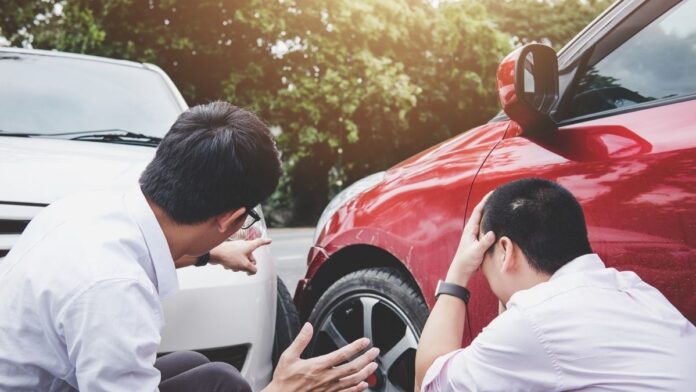So you have been injured in a car crash and now have medical bills, unpaid leaves at work, and a damaged car to worry about. Getting compensated for your injuries and damages will depend largely on how well you will do at proving negligence on the part of the other driver involved in the car crash.
After a car crash, a lot of chaos and confusion occurs. However, it is important to know that your actions after a car crash determine whether you’ll get paid what you deserve or even get paid at all. If you have ever wondered about the best ways to handle the aftermath of a car accident, here are three things not to do.
- Don’t fail to call 911: The moment a car accident occurs, a countdown begins, and your chances of getting compensation reduce as more time goes by without taking action. So call 911 to report your accident immediately it happens. This way, police officers and emergency medical teams can arrive at the scene as soon as possible and document the events. Without the police report and medical report, all you would have against the other party involved would be your word, which may not take you far. Besides, it is wise to report car crashes in states like Pennsylvania and New Jersey. It is a legal requirement.
- Don’t fail to gather evidence: Although this will depend on how hurt you are in the car accident, proving negligence after a car accident is important. After calling 911, you want to gather as much information as possible because the police will most likely want to clear the accident scene and restore traffic to normal.
Some of the information you want to collect includes pictures of license plates, pictures of the accident scene itself, eyewitness names and contact information, and their statements. At the same time, it is still fresh in their minds, the other driver’s contact and insurance information and the accident report, if possible. This information will be very helpful when you file a lawsuit and need to prove negligence after the car crash.
- Don’t downplay your injuries: Many car crash victims tend to underestimate the extent of their injuries, thinking, “It’s not that bad.” Unfortunately, by the time they realize just how bad the injuries are, it’s too late to claim damages.
Proving negligence after a car crash may seem straightforward, but this isn’t always the case. To prove negligence on the other driver’s part, you must first understand what constitutes negligence. Negligence is simply careless conduct that causes harm to another person. There are four things needed to prove negligence: duty of care, breach of duty, causation (of a car crash), and resulting damages.
Duty of care means all vehicle drivers are expected to operate their vehicles in a way that won’t cause harm to other road users. Breach of that duty means they have engaged in a careless or reckless act that puts you and other road users at risk. This act could be traffic violations or other criminal activities. Finally, causation and damages link the driver’s breach of duty to the car accident and injuries caused.
Many drivers think that proving negligence after a car crash is only a case of pointing fingers and making claims, but it involves much more. Therefore, it is very important to document the events following a car crash and get a car accident lawyer to help you make your case and get your due compensation.









